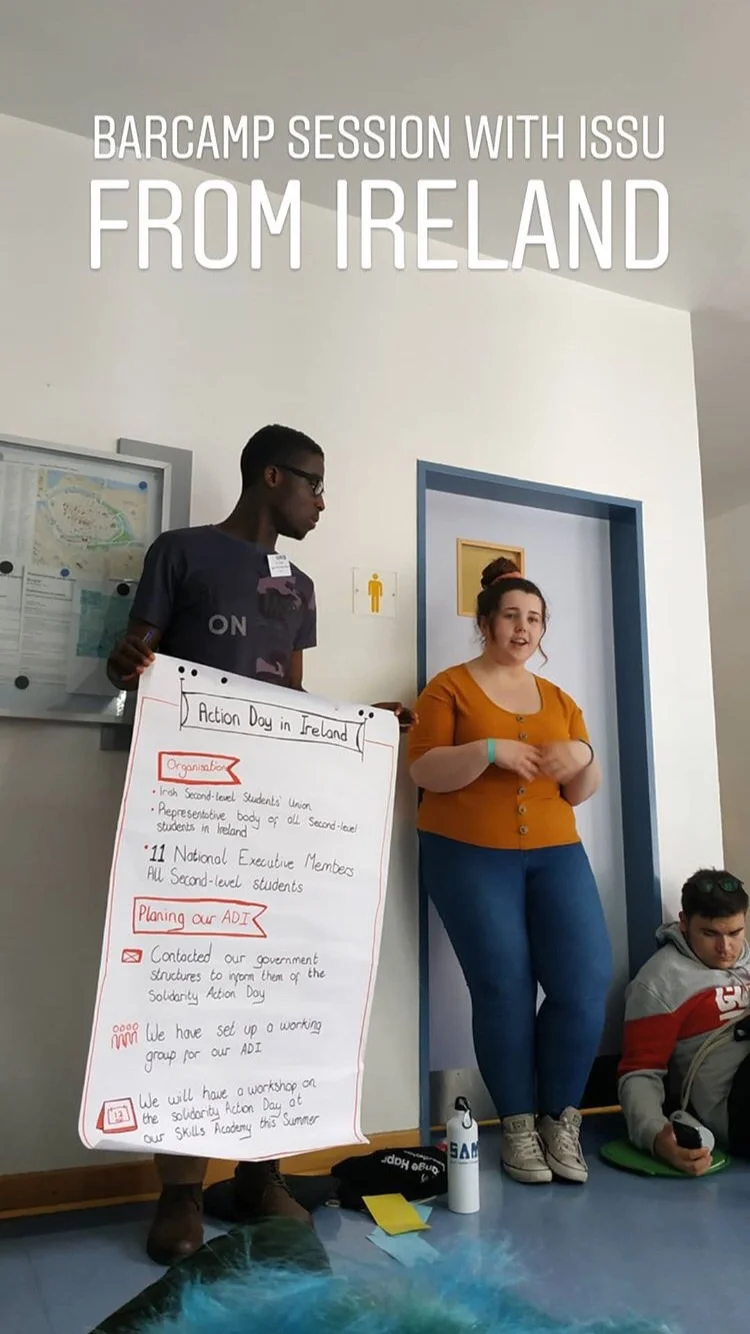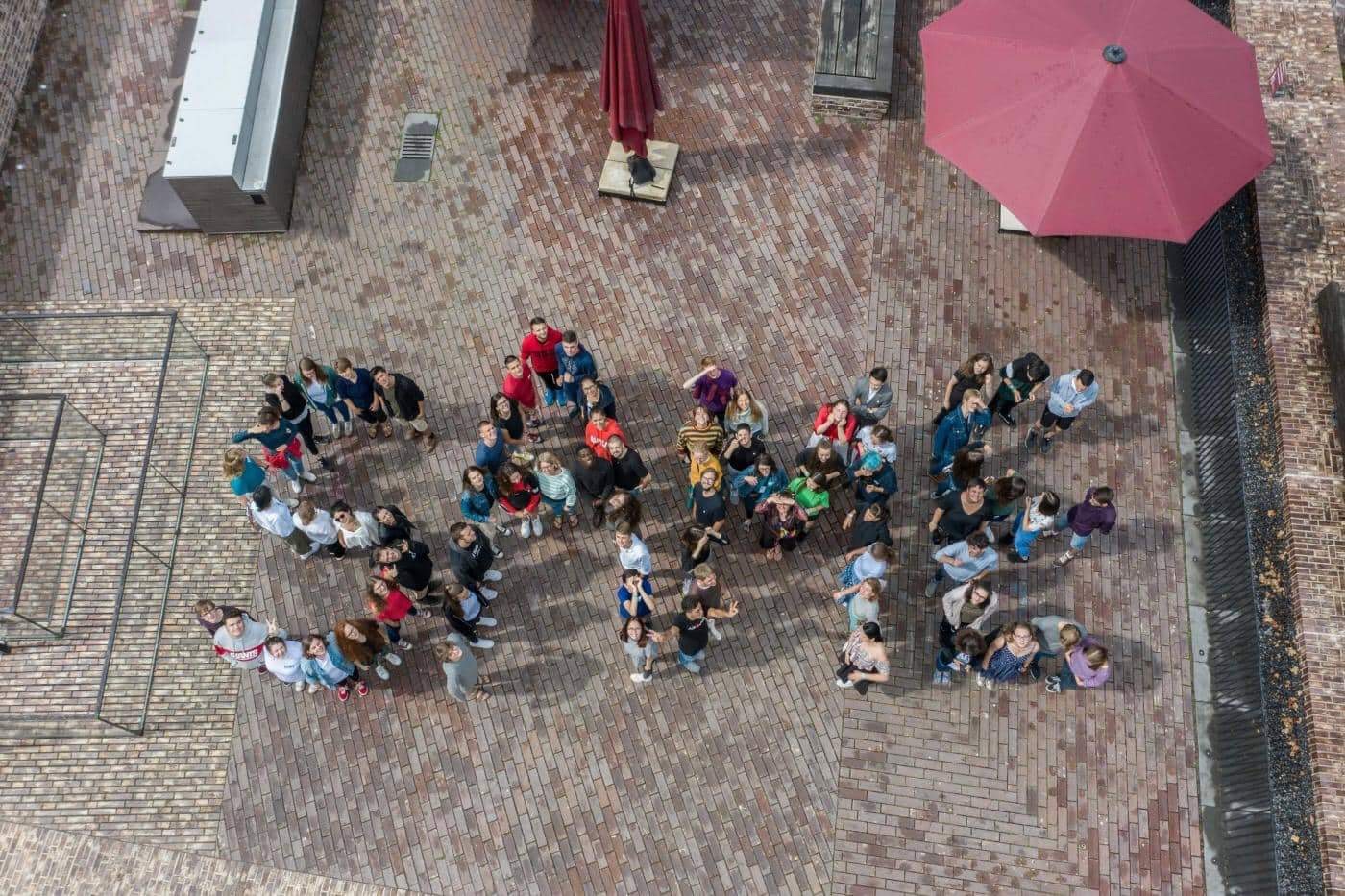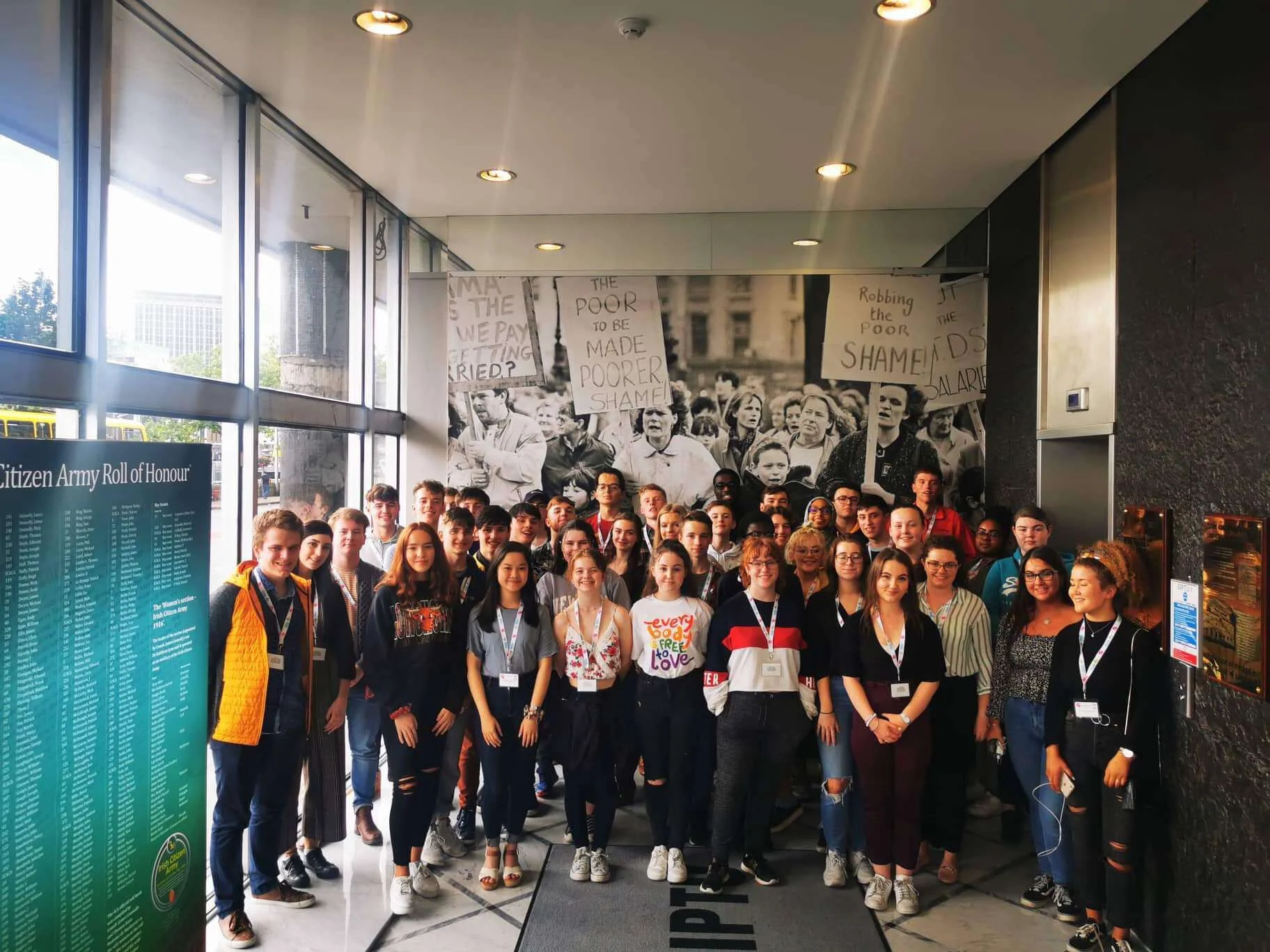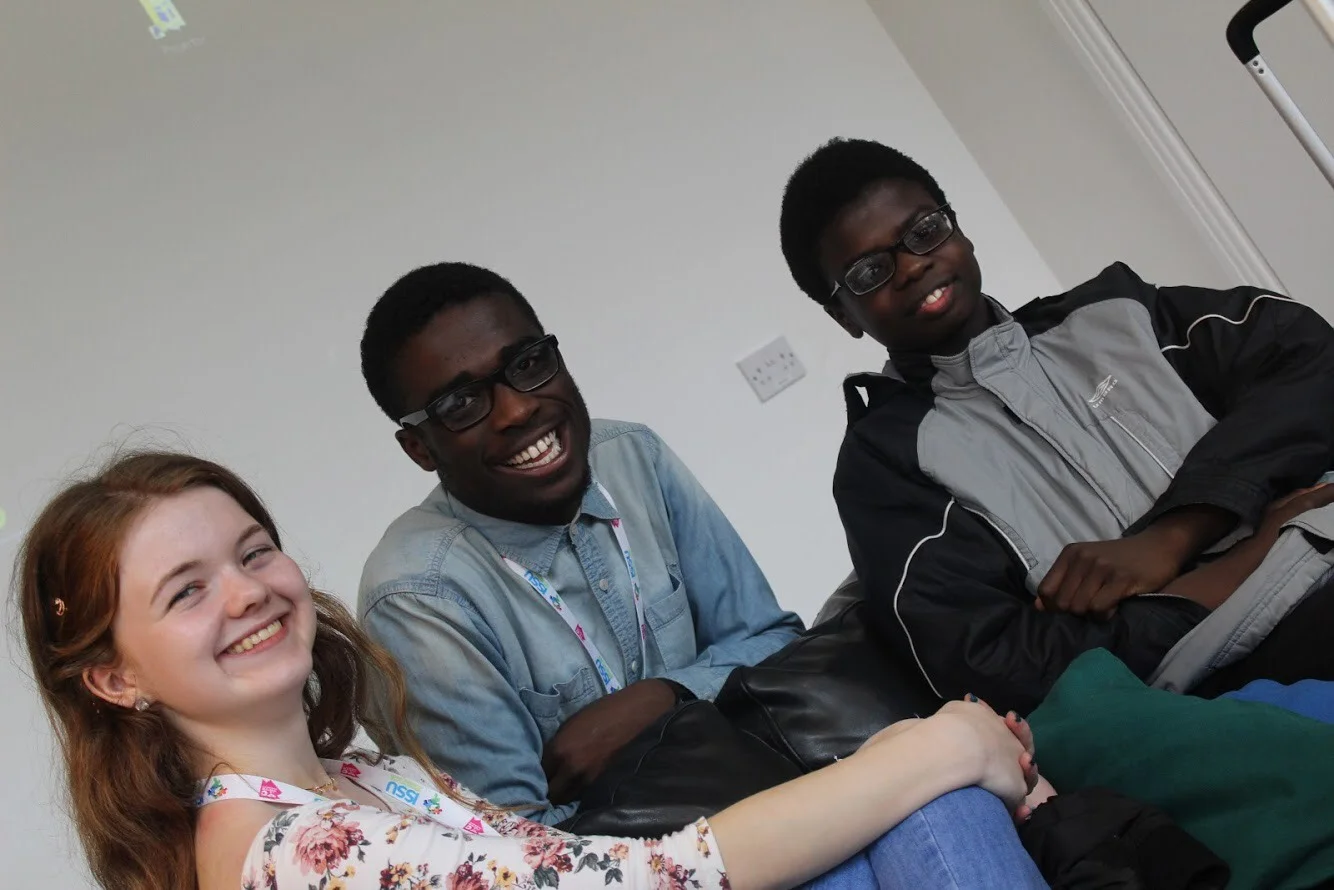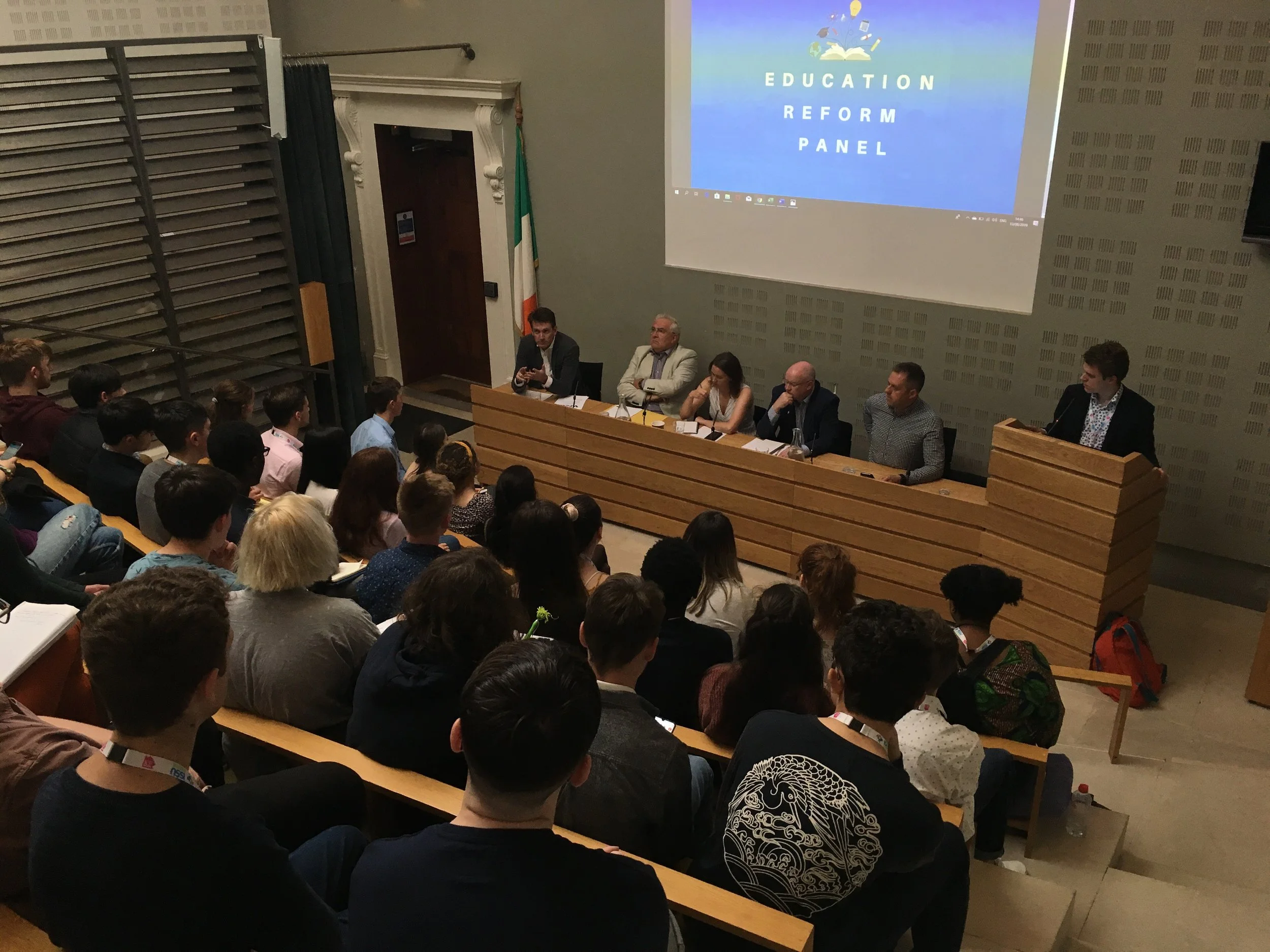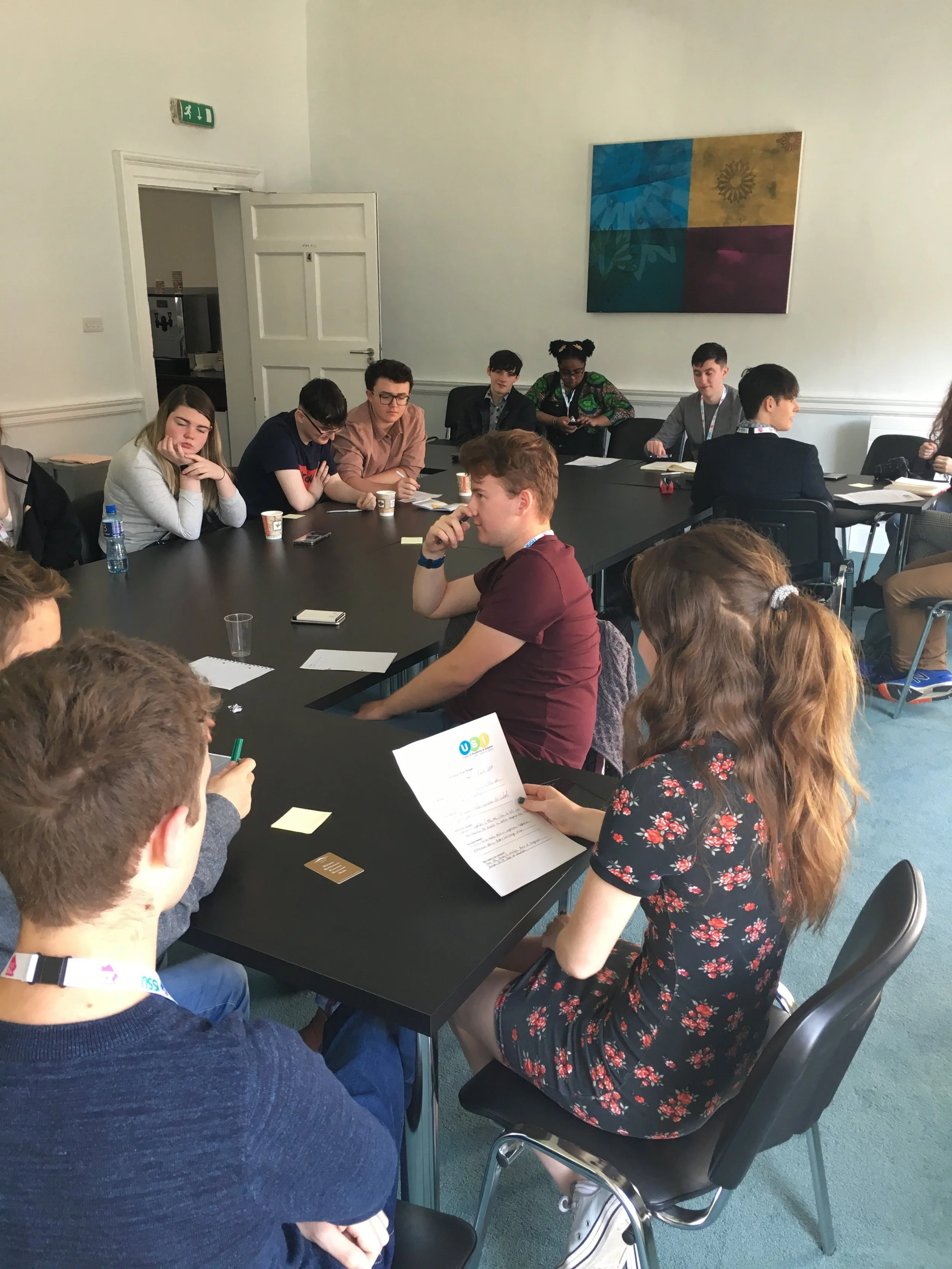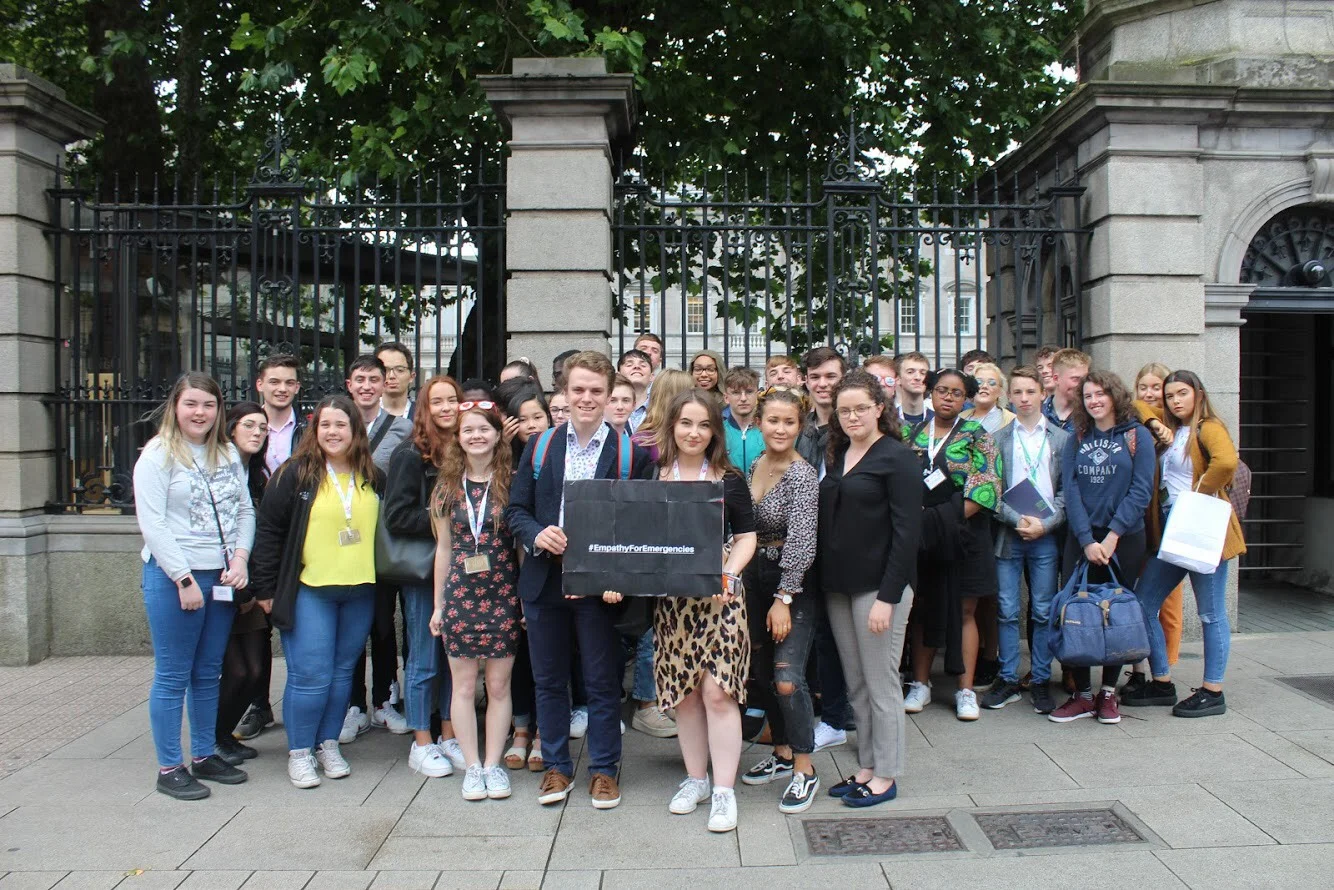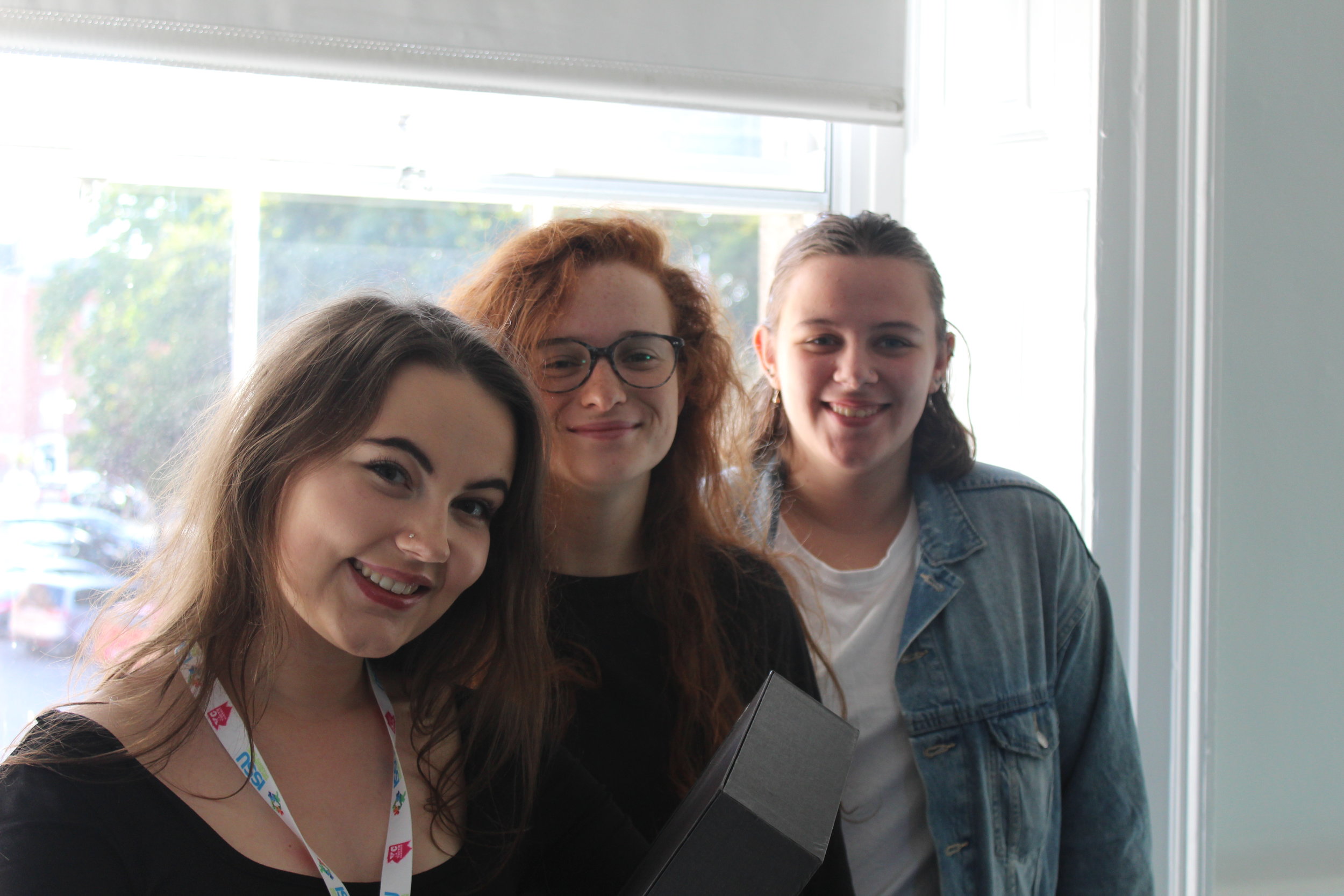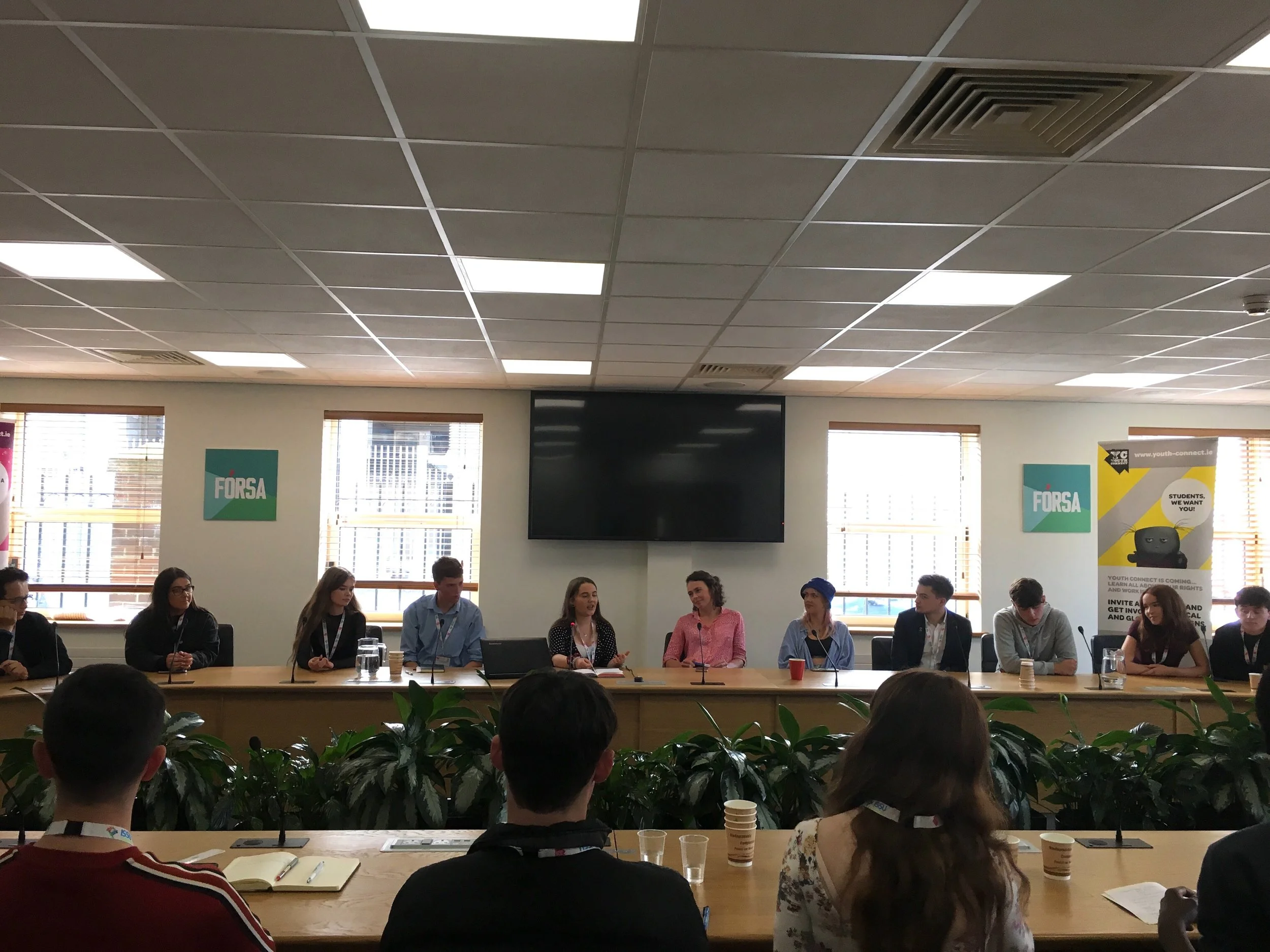History Is Here To Stay
The Minister for Education Joe McHugh recently announced that he intends to keep history at a compulsory subject at Junior Cert level, which is glorious news for myself and fellow history enthusiasts.
The Minister for Education Joe McHugh recently announced that he intends to keep history at a compulsory subject at Junior Cert level, which is glorious news for myself and fellow history enthusiasts.
I may be biased as someone who has had a love of history instilled in me from a young age and is hoping to further study it at third-level, but I believe that history remaining compulsory is a good thing for all students, from those who love it to those who loathe it. I know some people may think that history is a bore and unnecessary. They are entitled to have these opinions, but I truly think that this decision is for the best.
First of all, one of the main reasons that studying history is so important for young people is that they learn about the country they live in and our story as a nation. I think it is critical for young people to learn about Ireland’s history in relation to Great Britain and our journey to independence, while also learning about women’s history, including the suffragettes and other aspects, to note how far the country has come in the last century— what battles we’ve fought and won.
On the other hand, I also agree with the point made by the Minister for Education, that we should also learn about the dark side of our history, such as the state’s mistreatment of women. Including the many scandals involving mother and baby homes, abuse of children and discrimination towards minorities such as the LGBT+ community and the Travelling community. It is vital for young people to learn about the negative parts of our history as well as the positive parts. It is essential to show them that Ireland has made mistakes, that we acknowledge these mistakes, learn from them and know we can never go back to the way certain things were. Therefore I also agree with Mr McHugh’s point that history should be taught at a young age to make us “well-informed, active citizens who understand the importance of history in shaping the future” *
I also want to bring in a point made by my fellow ISSU writer Charles Gallagher that although some people may think the Irish history curriculum is biased against the British, myself and Charles both agree that the “curriculum is not biased and that it is merely common sense and patriotism” considering Ireland’s horrific history with the UK.
Not only is it important for Irish history to be taught, it is also necessary to learn about other areas of history such as Columbus and the mistreatment of Native Americans and the cruelty shown towards African American people in the USA. It is important to study these other areas of history to understand the struggles of other people and to respect other countries and races.
To finish, I will reiterate my opinion that history remaining mandatory is in fact a good thing, despite the arguments against it, for all of the reasons I have mentioned above. I hope I will be able to continue studying and cultivating my love of history for as long as I can and that this decision by the Minister for Education will awaken a love of the subject in many more young people for years to come.
By Kate Duffy
S.A.M.E Summer Academy and GA in Lübeck!
S.A.M.E is the Solidarity Action Day Movement in Europe.
It is a network of youth organisations from across Europe that organise a Solidarity Action Day. This is a day in which students trade school for a workplace for one day to raise money to benefit a chosen youth organisation.
This year as ISSU is getting more involved with SAME our International Officer Nadine Toye & Equality Officer Eric Ehigie attended the SAME Summer School and General Assembly in Lübeck, Germany for 10 days.
They learned a lot of substantial information relating to how other student unions operate in Europe. They took part in informative activities and workshops and were given the chance to explore the beautiful city.
At the Summer School & GA they got the chance to see how the Solidarity Action Day (SAD) positively impacts the countries that hold it. They got to ask hundreds of questions to representatives from Belgium, Italy, Germany, Serbia and even more!
Nadine and Eric came back from the trip more inspired than ever and are sure this is something the ISSU can implement into Ireland and make it as big as it is across Europe, so you’ll definitely be hearing the name again!
Skills Academy 2019 - A Huge Success
The ISSU’s Skills Academy 2019 was an enormous success this year! From the 12-14th of August activists and future leaders from all across the country came to Dublin for a series of workshops & discussions based on equipping them with the skills for their own activism and indeed to become the leaders of the future.
From panel discussions on Climate Action, Education Reform and Young People in Politics with esteemed panelists. To workshops in negotiation, interview skills and the Irish Language, the 3 days were jam packed. The unbelievable intelligence, enthusiasm and innovation the participants brought to the event was incredible, and we cannot wait to see what they go on to achieve both within and outside ISSU.
Here are some testimonials from this years attendees:
Paul Zaki - “A great experience and I’ve learned a lot.”
Sarah Hannigan - “[Skills Academy] Really brings people together & people get to know one another over the few days and make new friends & get to learn new skills - A great event!”
Reuban Murray - “The Skills Academy was such a great chance to meet dozens of people who were full of new ideas and opinions you’ve never thought of. I walked away with an adrenaline rush from all these new exciting people.”
A massive thank you is in order to all those who attended and gave it their all and to the trade union movement for their generosity that makes this event possible. We’re looking forward to next year already!
Students Should Not Be Forced To Sit State Exams During Medical Emergencies
The Irish Second-Level Student`s Union (ISSU) is calling on the Department of Education & Skills and the State Examinations Commission (SEC) to put in place a provision allowing students who are experiencing medical emergencies at the time of their Leaving Certificate exams, so that they have the option to defer the exams and sit them in July along with students who deferred exams due to bereavement.
President of the ISSU, Ciara Fanning commented on the issue, saying “We at the ISSU want students to be able to reach their true potential in the education system. This means allowing students to be in a fit state mentally and physically, whilst sitting the exams that are the culmination of 6 years of second-level education. In no way should students still be feeling the effects of medical emergencies or strong anaesthetics whilst sitting the exam. We are calling on Minister McHugh and the SEC to change this and change it fast so no more students are forced to sit their exams during medical emergencies. These students deserve empathy for their situations and respect in the way they are treated.”.
Ms. Fanning noted that there are many stories of students who had to sit their exams while experiencing medical emergencies. The ISSU has been told stories of students who have been forced to sit Leaving Certificate exams having just given birth, having been in a car crash and having undergone serious operations.
The ISSU recently released a video featuring one of these students, Amy Richards, who sat her Leaving Cert this past June ( Video Link: http://tiny.cc/nex89y ). Amy underwent emergency surgery for acute appendicitis at 1am on the morning of English Paper 1. The surgery lasted four hours, finishing at 5 am. Moments prior to beginning her English Paper One exam she was informed that she was in fact lucky to be alive, being told she had a blood infection, a gangrenous appendix and a large abscess in her stomach.
Having undergone a serious operation during which she was under general anaesthetic, it is clear that Ms. Richards was not in any state, either physically or mentally to sit a Leaving Certificate exam. It is cases like this that the ISSU wishes to cease from happening. Students experiencing serious medical emergencies during their exams must be shown empathy, and the respect for their health that they deserve. This can be done through the extension of the July deferral scheme for bereaved students to those who are experiencing medical emergencies.
Check out the video with Amy Richards here: http://tiny.cc/nex89y
National Student Executive (NSE) Takes Office
The National Student Executive (NSE) of the Irish Second-Level Students’ Union has taken their seat for the upcoming year. Elected at the Annual Assembly on April 23rd, the incoming officers have been cooperating with the outgoing NSE over the past weeks to ensure a strong transition and handover.
ISSU President Ciara Fanning stated “We are delighted to welcome our new NSE officer and to start the year with the new Executive. We were incredibly impressed by the incredible ideas and projects presented at the Annual Assembly and are looking forward to a productive year on behalf of all second-level students of Ireland”.
Pictured (l-r): Sarah Harte (Honorary President), Eiman Elsir (Communications Officer), Caoilfhinn Ní Choiligh (Student Council Support Officer), Gearoid O’Donovan (Education Officer), Chloe Griffin (Deputy President), Eric Ehigie (Equality Officer), Caoimhe Ní Mhaolaí (Oifigeach na Gaeilge), Ciara Fanning (President), Luke Casserly (Secretary), Seán Carey (Welfare Officer), Nadine Toye (International Officer).
The National Student Executive (NSE) 2019-2020 are;
President: Ciara Fanning
Deputy President: Chloe Griffin
Secretary: Luke Casserly
Education Officer: Gearoid O'Donovan
Welfare Officer: Sean Carey
Equality Officer: Eric Ehigie
Student Council Support Officer: Caoilfhinn Ní Choilligh
Communications Officer: Eiman Elsir
Oifigeach na Gaeilge: Caoimhe Ní Mhaolaí
International Officer: Nadine Toye
Honorary President: Sarah Harte




